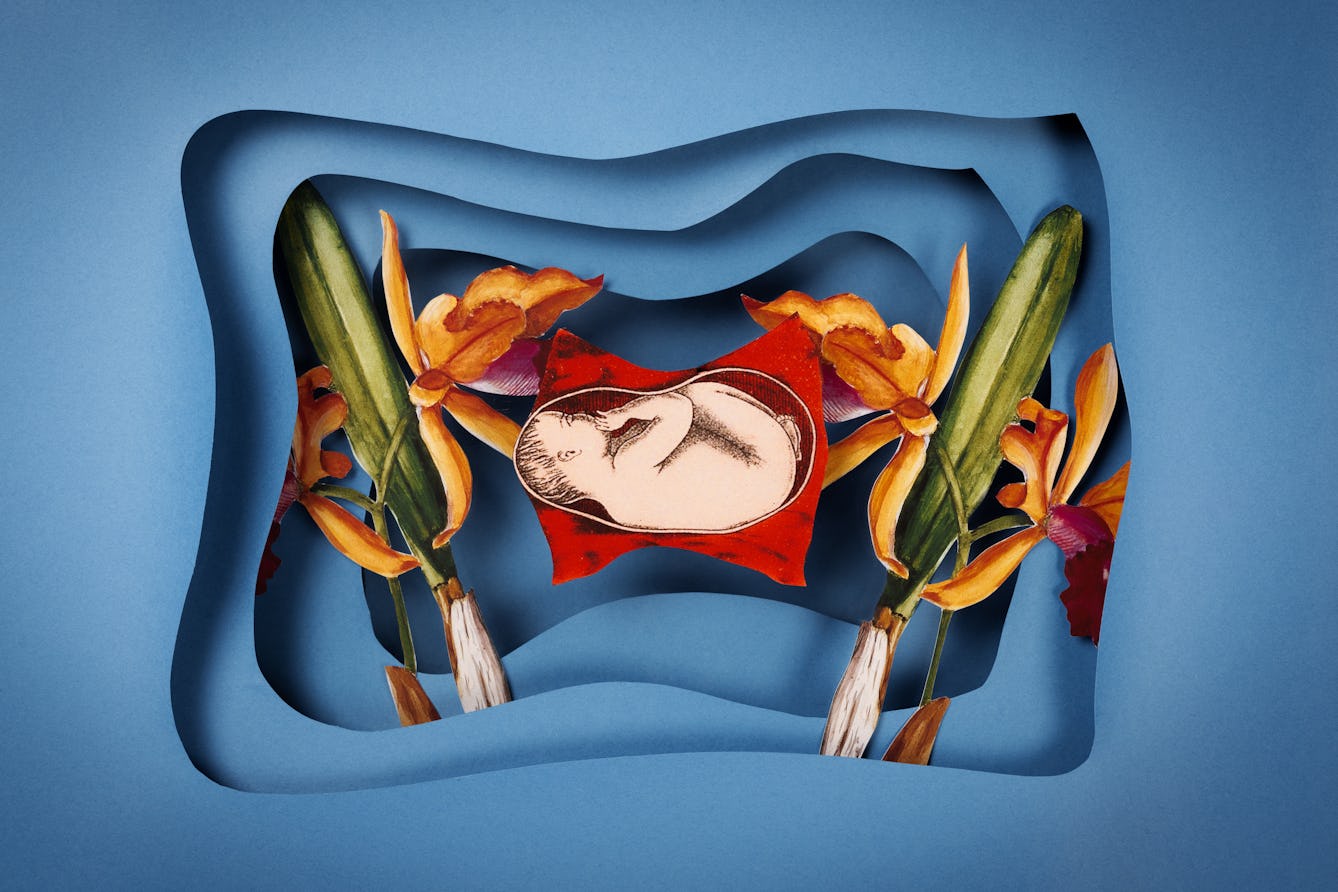
- Book extract
- Book extract
Of incubators, orchids and artificial wombs
In this extract from Claire Horn’s new book, ‘Eve: The Disobedient Future of Birth’, she traces the development of the artificial womb, soon to become a reality.

- Interview
- Interview
Inside the mind of Living with Buildings curator, Emily Sargent
Curator Emily Sargent reveals why council estates and a Finnish TB sanatorium were chosen for the ‘Living with Buildings’ exhibition.

- Article
- Article
Providing care across languages
When medics are taught in English but their patients speak other languages, effective communication becomes fraught. Niyoshi Shah explores the linguistic gaps between patient and doctor.

- Article
- Article
Believe yourself better
There’s more to recovery than medication. In future, our unconscious minds could be recruited to put a positive spin on our health problems, helping us feel better faster.
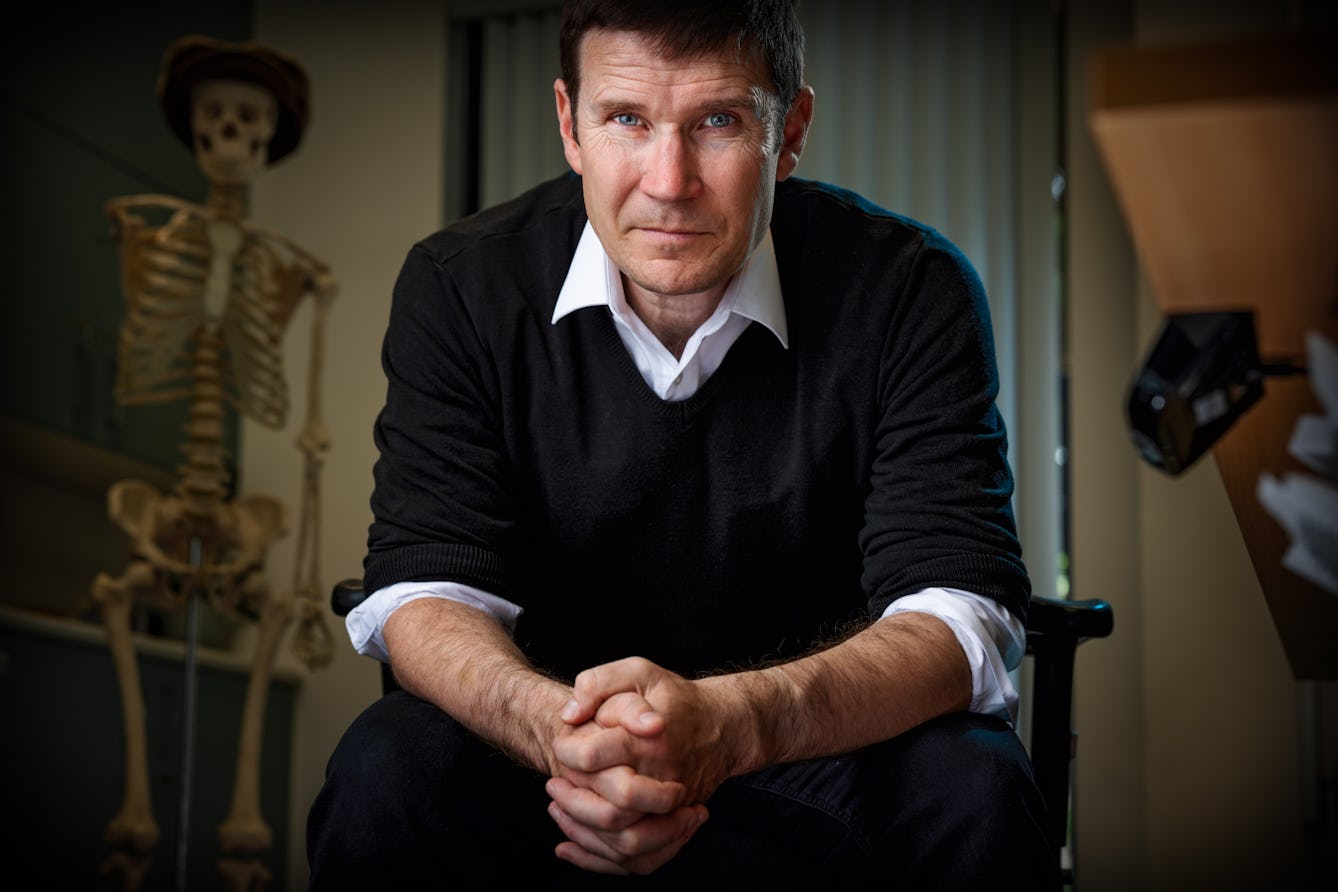
- Book extract
- Book extract
Why the NHS is worth saving
In this extract from his latest book, ‘Free For All’, Dr Gavin Francis poses challenging questions to be addressed if a health service that’s free for all at the point of use is to remain possible.
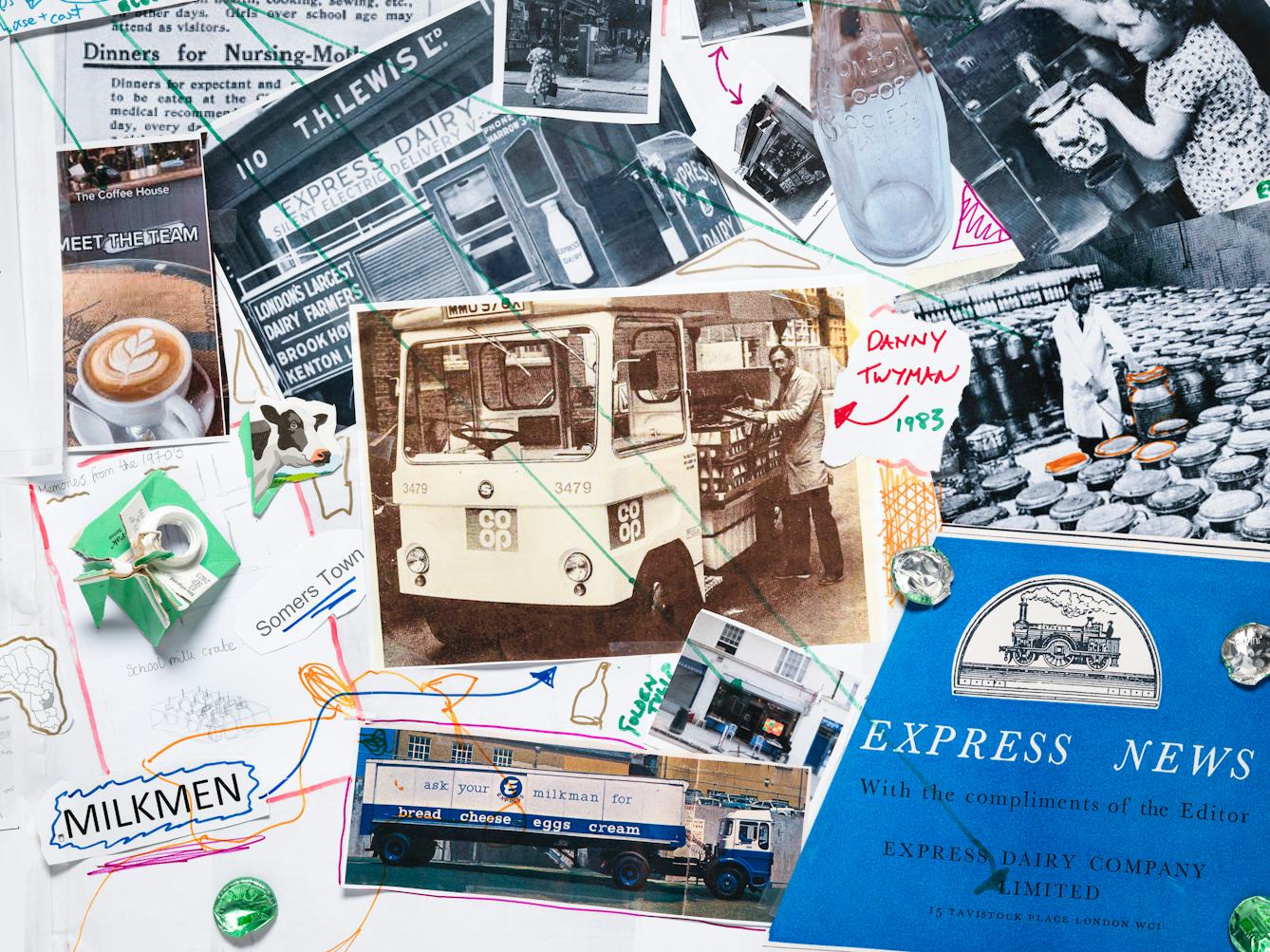
- Article
- Article
Milk trails round Euston
Where cows once grazed near Wellcome Collection in London, baristas now froth their milk. Esther Leslie uncovers Euston’s dairy-based urban history.
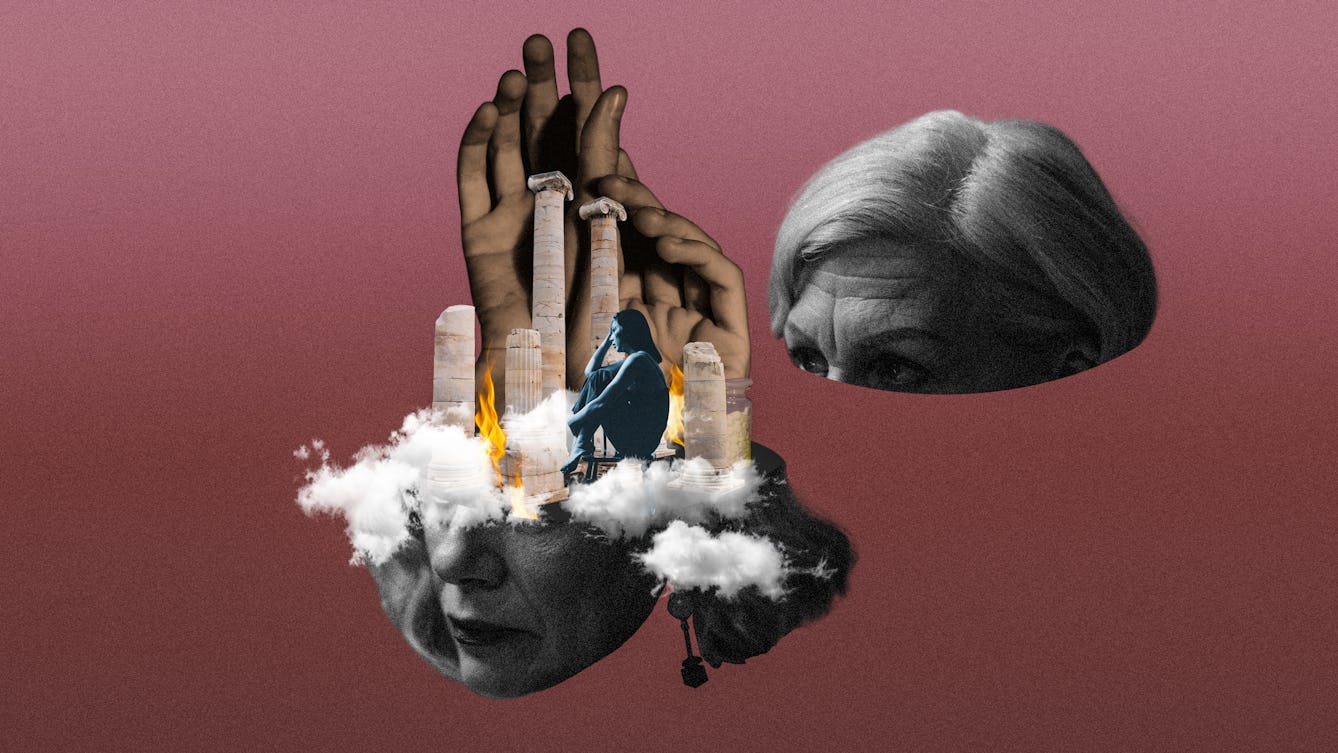
- Article
- Article
Hysteria
Mental health and emotional symptoms are common during menopause, but a long history of dismissing sufferers as 'hysterical women', at the mercy of their emotions has made it much harder to discuss these issues and to get support.

- Article
- Article
Lindsey Fitzharris’s prescription for writing
The Wellcome Book Prize shortlisted author of ‘The Butchering Art’ answers five questions on health, inspiration and storytelling.

- Article
- Article
Kathryn Mannix’s prescription for writing
The Wellcome Book Prize shortlisted author of ‘With the End in Mind’ answers five questions on health, inspiration and storytelling.

- Article
- Article
Building a dream in the garden suburbs
In the late 19th century a ‘garden suburb’ promised a retreat from London’s dirt and crowds. See how this new concept was developed to appeal to the health concerns of the literary classes.
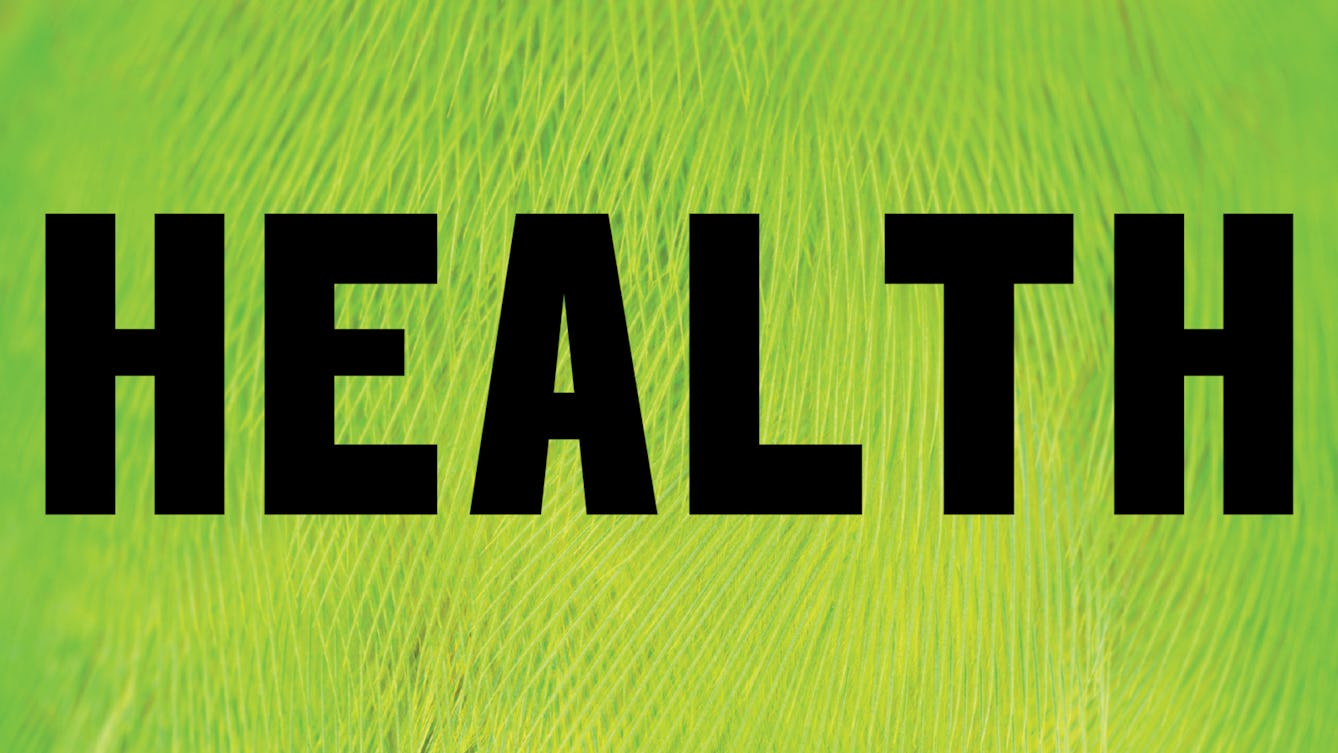
- Article
- Article
Sharing Nature: Over the rainbow
Here’s your choice of the most meaningful nature photo on the theme of health.
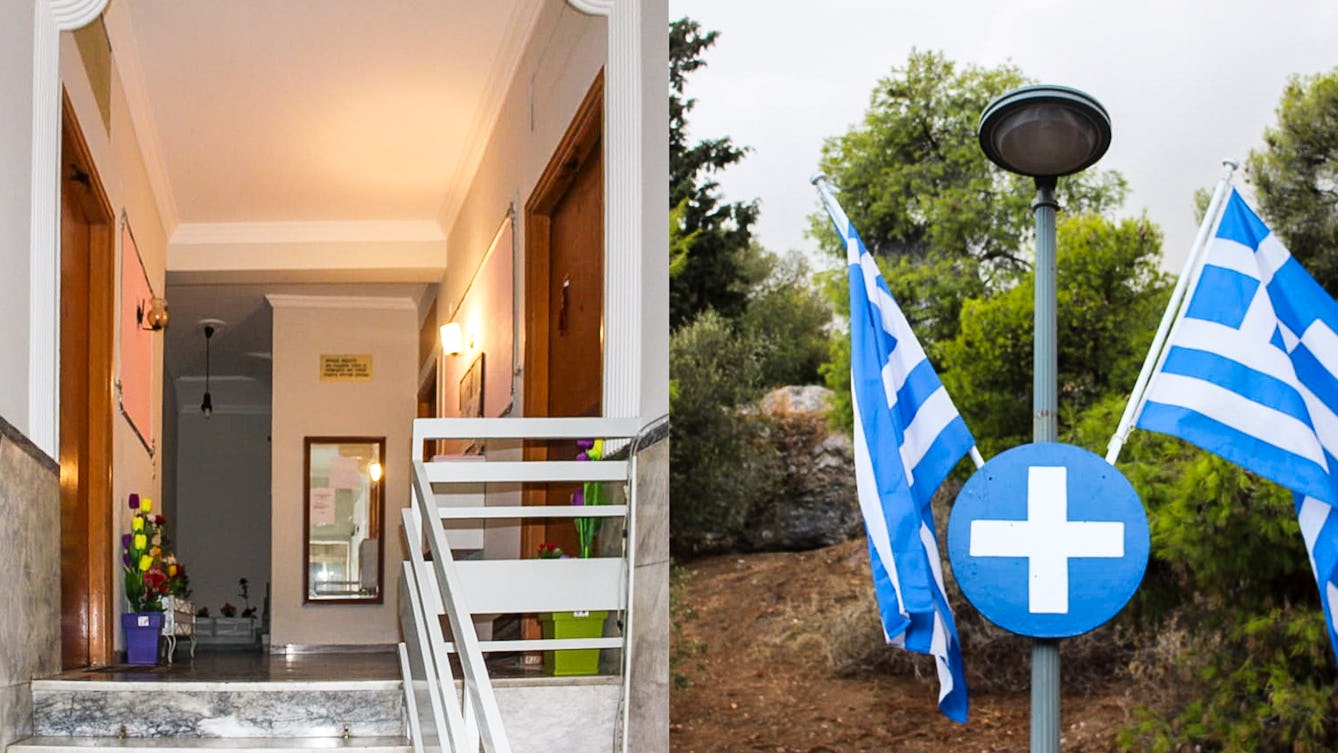
- Article
- Article
The housing that gives hope to refugees
A safe place of one’s own can be a source of healing and hope. George Kafka reports on two Athens-based projects helping displaced people by putting housing first.

- Article
- Article
The art of soundproof design
Too much noise is more than annoying – it has serious negative effects on health and cognitive ability. Find out how designers and architects are mitigating the downsides of sound.

- Article
- Article
Self-obsessing in the age of selfies
The tiny, joyful spark of a social media ‘like’ can lead to a damaging obsession. Find out how far people will go when their phone addiction gets the upper hand.
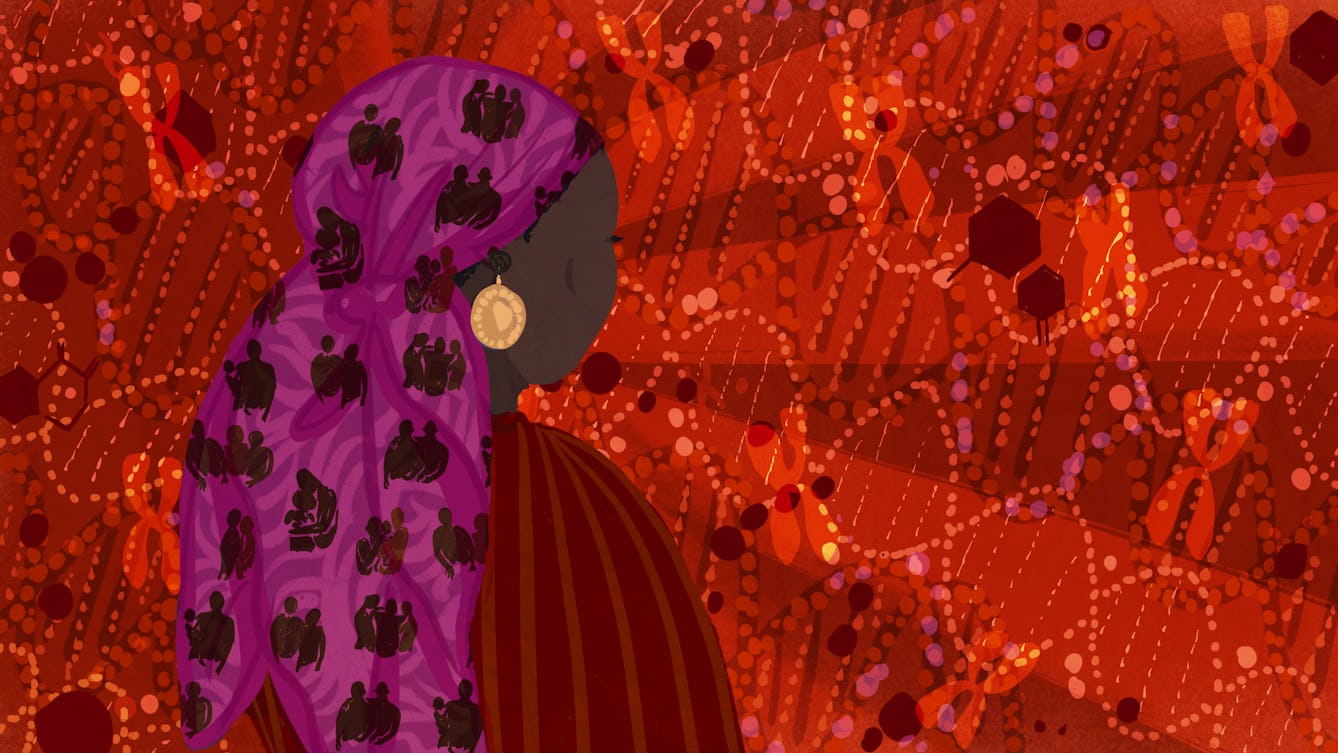
- Article
- Article
Equality in genetics
Genetic counsellor Sasha Henriques harnessed her energy and resolve to tackle the racial biases she saw in her profession – with positive and promising results.

- Article
- Article
Diagnosing OCD in the past
Mining the writings of and about famous historical figures, retrospective psychologists try to diagnose their mental health problems. But, inevitably, partial evidence is open to misinterpretation.
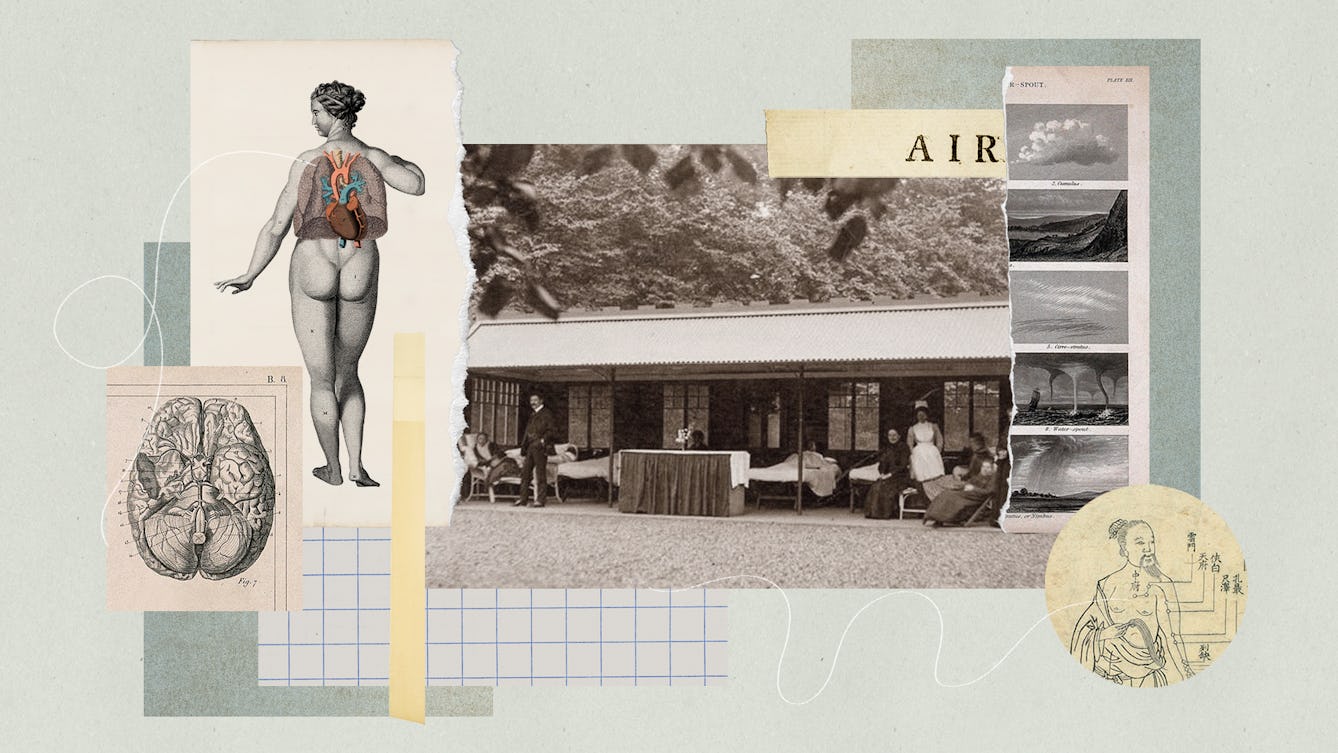
- Long read
- Long read
The ambivalence of air
Daisy Lafarge investigates the effects of air quality and pressure on body and mind, exploring air as cure, but one with contradictions.

- Article
- Article
In search of the ‘nature cure’
Under the competing pressures of modern life, many of us succumb to mental ill health. Samantha Walton explores why so-called ‘nature cures’ don’t help, and how the living world can actually help us.

- Article
- Article
The child whose town rejected vaccines
Gloucester, 1896. Ethel Cromwell is taken ill at the height of Britain’s last great smallpox epidemic.
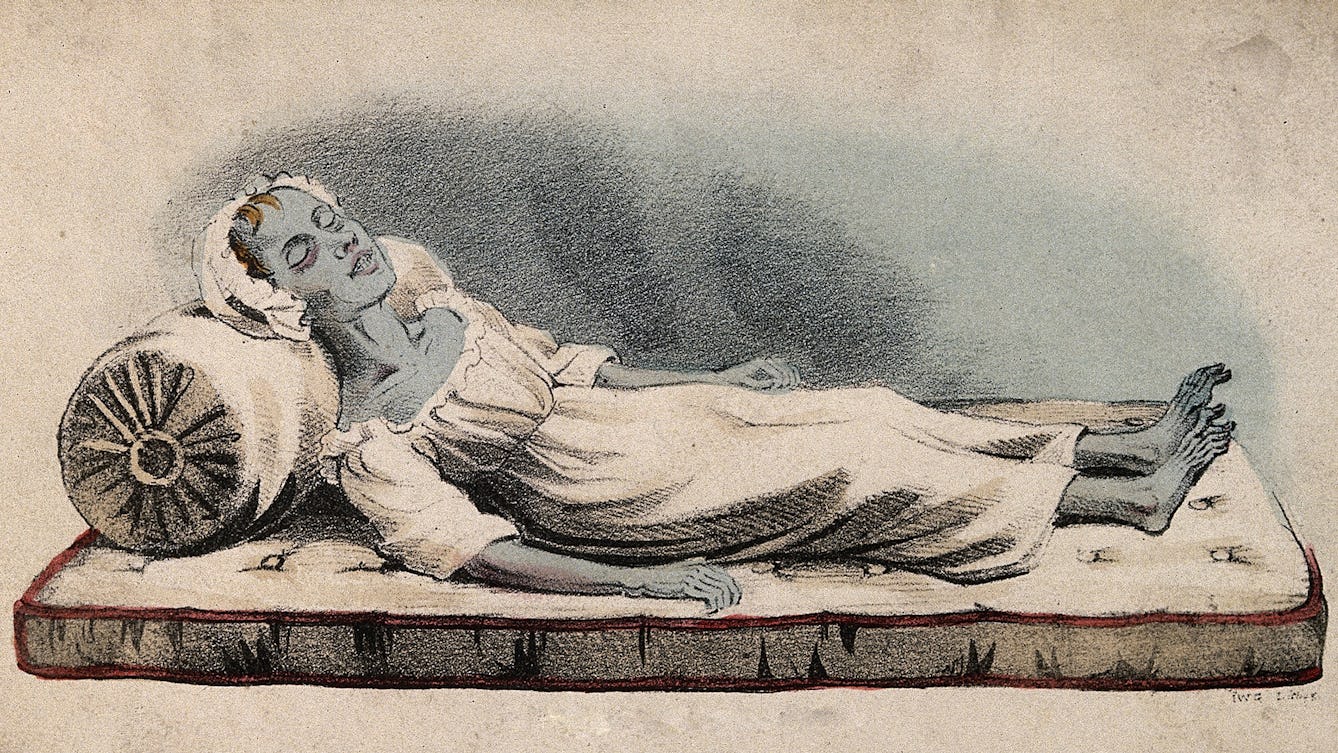
- Article
- Article
The colonist who faced the blue terror
India, 1857. In a British enclave, Katherine Bartrum watches her friend, and then her family, succumb to the deadly cholera.

- Article
- Article
How tuberculosis became a test case for eugenic theory
A 19th-century collaboration that failed to prove how facial features could indicate the diseases people were most likely to suffer from became a significant stepping stone in the new ‘science’ of eugenics.

- Article
- Article
NHS strikes and the decade of discontent
When the social unrest of the 1970s spread to the NHS, dissatisfied staff challenged the status quo for the first time in quarter of a century.

- Article
- Article
Intelligence testing, race and eugenics
Specious ideas and assumptions about intelligence that were born during the great flourishing of eugenics well over 100 years ago still inform the British education system today, as Nazlin Bhimani reveals.
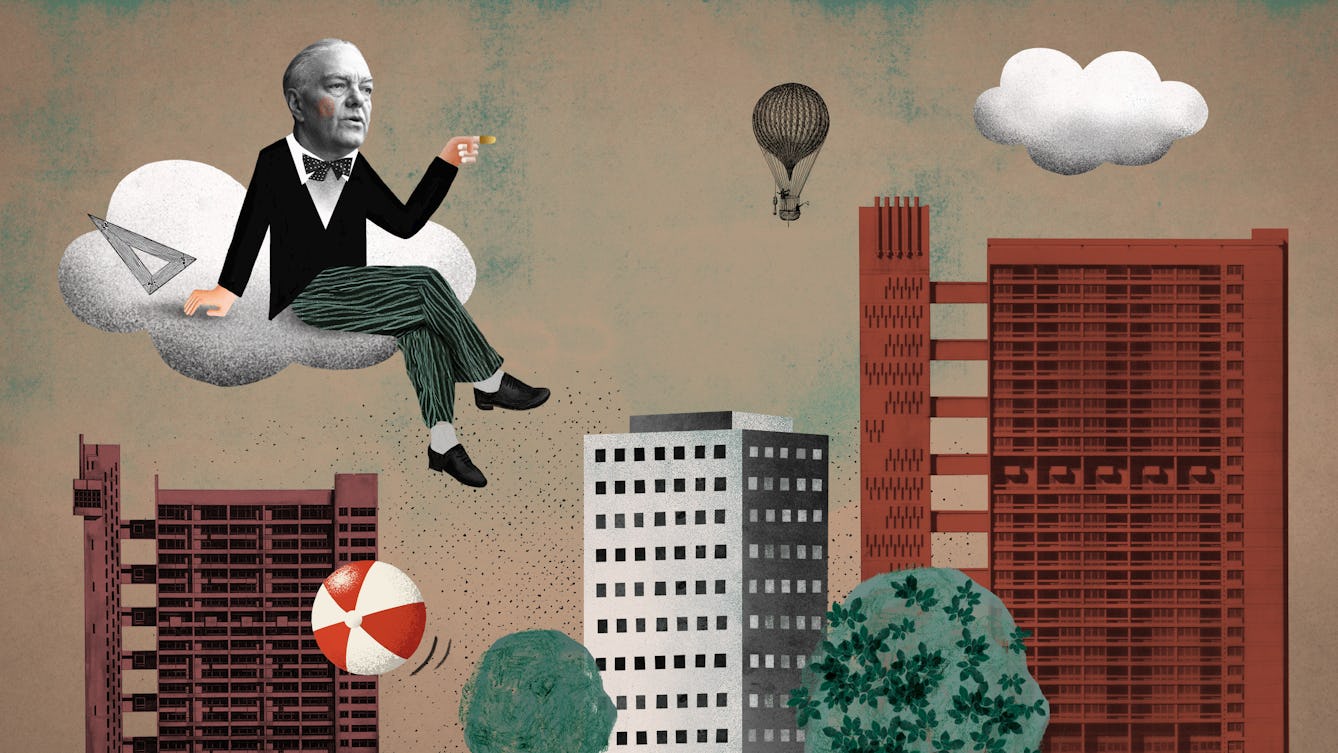
- Article
- Article
The tower in fiction, film and life
The high-rise estates born of postwar idealism soon became symbols of crime and squalor. But after one terrible tragedy, public bodies are being forced to rethink our towers.

- Article
- Article
A history of twins in science
For thousands of years, twins have been a source of fascination in mythology, religion and the arts. Since the 19th century, they have also been the subject of scientific study and experimentation.